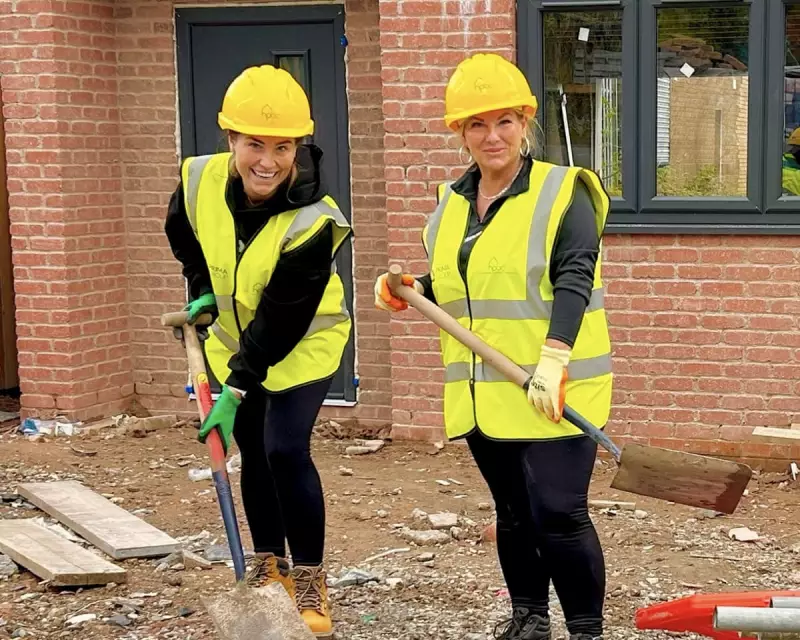
In a housing market where soaring prices and towering deposits seem insurmountable, a revolutionary approach is helping Britons achieve their homeownership dreams through sheer hard work. Welcome to the world of 'sweat equity' schemes – where your labour could become your deposit.
What Exactly Are Sweat Equity Programmes?
These innovative schemes allow prospective homeowners to contribute physical work towards building or renovating properties in exchange for equity. Instead of saving for years to accumulate a cash deposit, participants can literally work their way onto the property ladder.
One such programme making waves is run by the Community Self Build Agency, where future residents help construct their own homes. As Chris White from the agency explains: "You're not just building a house – you're building your future, your community, and your financial stability all at once."
The Transformative Impact on Homebuyers
For many, traditional routes to homeownership have become increasingly inaccessible. With average deposits now reaching staggering heights and mortgage criteria tightening, sweat equity offers a viable alternative that banks are beginning to recognise.
The benefits extend far beyond financial savings:
- Participants gain valuable construction skills
- Stronger community bonds form through shared work
- Greater appreciation and care for the finished property
- Reduced overall housing costs
How Mortgage Lenders Are Responding
While some mainstream lenders remain cautious, progressive building societies like Leeds and Newcastle have begun accepting sweat equity as legitimate deposits. This shift in attitude represents a significant breakthrough for alternative routes to home ownership.
However, challenges remain. As one mortgage advisor noted: "Valuing contributed labour isn't always straightforward, and lenders need assurance that the work meets professional standards."
Is This the Future of Affordable Housing?
With the UK's housing crisis showing no signs of abating, sweat equity schemes offer more than just individual solutions – they present a potential blueprint for community-led development that could transform how we approach housing affordability.
As these programmes gain traction, they're not just creating homeowners; they're fostering communities where residents have a genuine stake in their environment and each other's success.
The movement represents a return to simpler principles: that hard work should be rewarded, and that everyone deserves a place to call home – even if you have to build it yourself.





